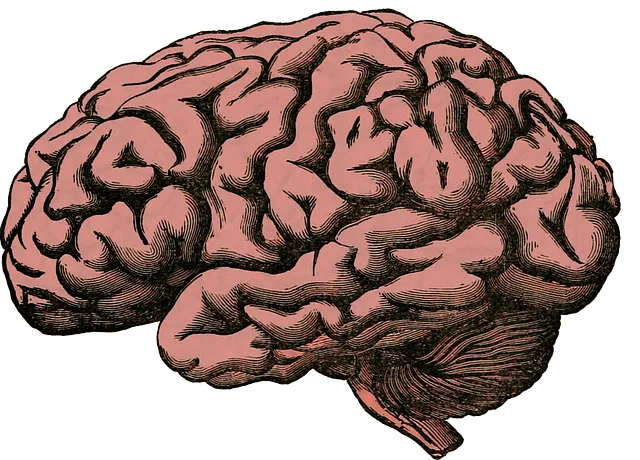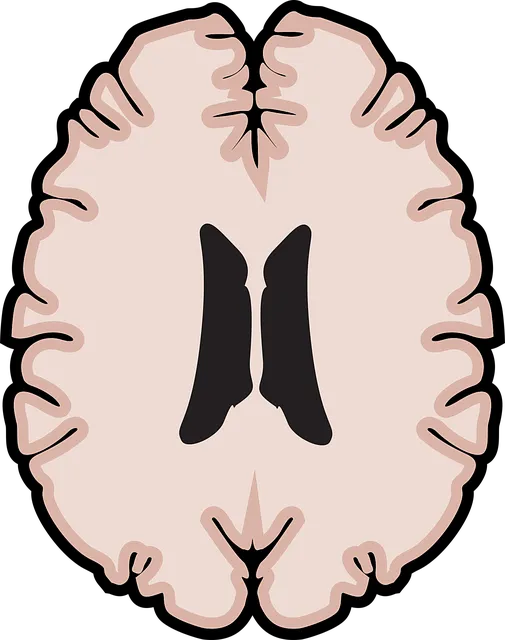Kaiser Permanente in Highlands Ranch offers comprehensive inpatient and outpatient mental wellness programs, utilizing a multi-faceted evaluation approach. This involves defining clear outcomes, using surveys, interviews, and observations to gather insights, and employing standardized assessment tools for a holistic understanding of patient needs. By combining quantitative data with qualitative feedback, Kaiser ensures tailored care, promotes resilience, and supports long-term recovery in mental health treatment.
Evaluating mental wellness programs is paramount to ensuring their effectiveness. This article explores various methods, focusing on assessment techniques within inpatient facilities, using Kaiser’s Highlands Ranch program as a case study. We delve into how success and impact are measured, offering insights for organizations aiming to enhance their mental health services. Understanding these evaluation approaches is crucial for improving patient outcomes and understanding the unique needs of those in inpatient care at institutions like Kaiser in Highlands Ranch.
- Understanding Mental Wellness Program Evaluation
- Assessment Techniques for Inpatient Facilities
- Measuring Success and Impact at Kaiser in Highlands Ranch
Understanding Mental Wellness Program Evaluation

Evaluating mental wellness programs is a multifaceted process that involves assessing their effectiveness and impact on participants’ lives. It’s akin to measuring the success of a garden by examining the health of its plants—you need to look beyond mere presence to understand growth, vitality, and overall well-being. In Highlands Ranch, Kaiser offers both inpatient and outpatient mental health services, highlighting the importance of tailored evaluation methods.
This process begins with clear outcomes defined, akin to setting goals for your garden. Are you aiming for enhanced self-esteem improvement? Increased mental health awareness? Or perhaps crisis intervention guidance? Once these objectives are established, various tools can be employed, including surveys, interviews, and observations. These methods help uncover insights into participants’ experiences, the program’s strengths and weaknesses, and its overall contribution to their mental wellness journey.
Assessment Techniques for Inpatient Facilities

Inpatient mental health facilities like Kaiser in Highlands Ranch employ various assessment techniques to evaluate patients’ progress and tailor treatment plans accordingly. These methods go beyond initial intake interviews, delving into comprehensive evaluations that span psychological, social, and behavioral domains. Tools such as standardized assessments, clinical interviews, and observations help professionals gain insights into patients’ mental health status, including symptoms, coping skills development, and inner strength development.
The assessment process involves a multidisciplinary team to ensure a holistic understanding of each patient’s needs. This collaborative approach facilitates the implementation of evidence-based practices aimed at enhancing mental health awareness and fostering personal growth. By combining quantitative data from assessments with qualitative information gathered through interactions, inpatient facilities can design individualized programs that address specific challenges, promote resilience, and support ongoing recovery.
Measuring Success and Impact at Kaiser in Highlands Ranch

At Kaiser Permanente in Highlands Ranch, evaluating the success and impact of mental wellness programs is a multifaceted approach. The healthcare provider leverages a combination of qualitative and quantitative methods to gauge the effectiveness of its services. This includes pre-and post-program assessments, where patients are asked to complete standardized questionnaires to measure changes in symptoms, functioning, and overall well-being. By comparing these results, Kaiser can quantify improvements in areas such as stress management and mental health awareness.
Moreover, the facility incorporates patient feedback through surveys and focus groups to gain insights into their experiences and perceived benefits. These data are invaluable for refining programs and ensuring they meet the unique needs of the patient population. Additionally, tracking long-term outcomes enables Kaiser to assess the sustainability of improvements in self-awareness exercises and overall mental health, demonstrating the program’s impact beyond immediate treatment.
Mental wellness program evaluations are crucial for measuring the effectiveness and impact of support systems, such as those offered by Kaiser in Highlands Ranch, with their inpatient facilities. By employing diverse assessment techniques, these programs can ensure they cater to the unique needs of individuals seeking mental health care. The success story at Kaiser Highlands Ranch highlights the importance of comprehensive evaluation methods in improving patient outcomes and fostering a healthier community.






